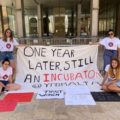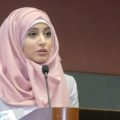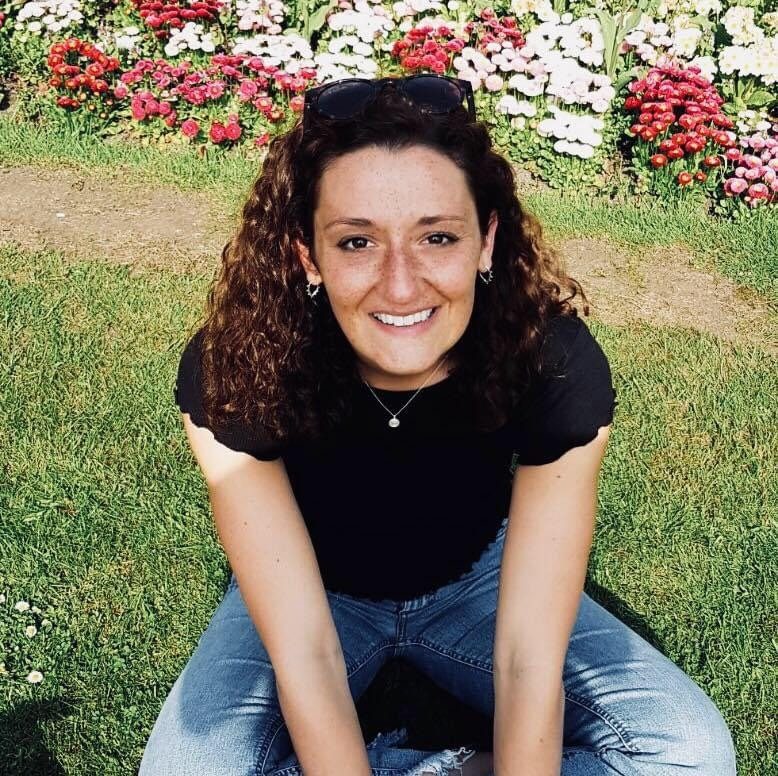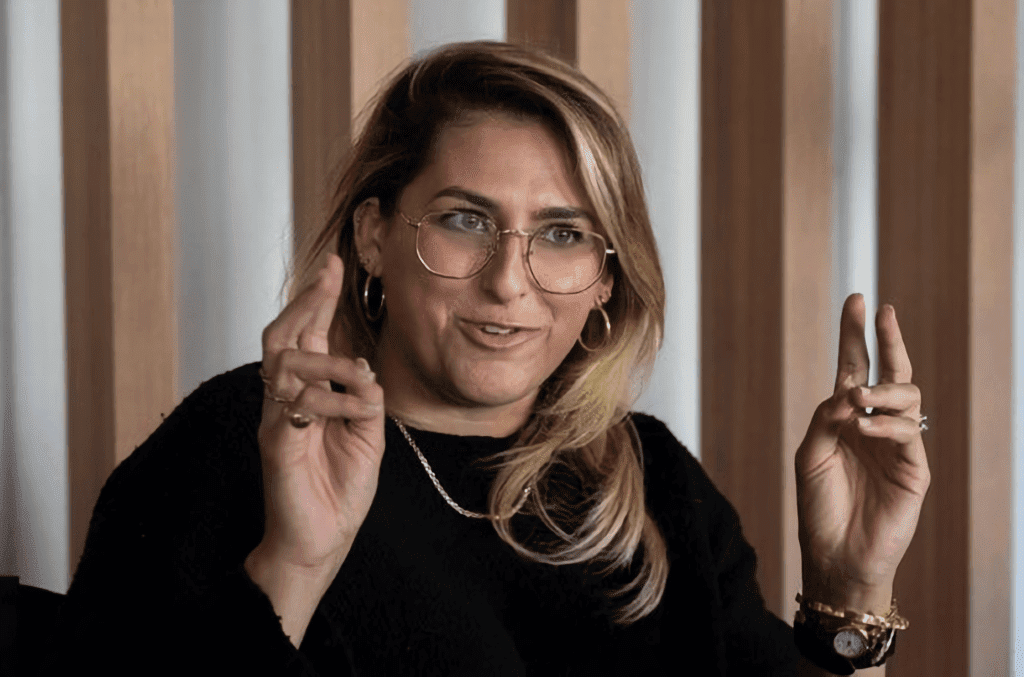
Emma Portelli Bonnici is a young politician with experience in We Are, KSU, MZPN and TEDxUniversityofMalta. Despite her relatively young age, she has been vocal on a host of issues that many seasoned politicians haven’t the courage to even glance at, all the while being sure to question herself and push boundaries. Just this week, Emma came into the spotlight once again, after taking investigative work into her own hands in the midst of a young woman’s private video being broadcasted in a local restaurant. Emma was praised for finding out which restaurant it took place in, and who the culprits in the audience were.
I sat down with Emma to learn more about her as a person, as well as her work in the political and activist fields.
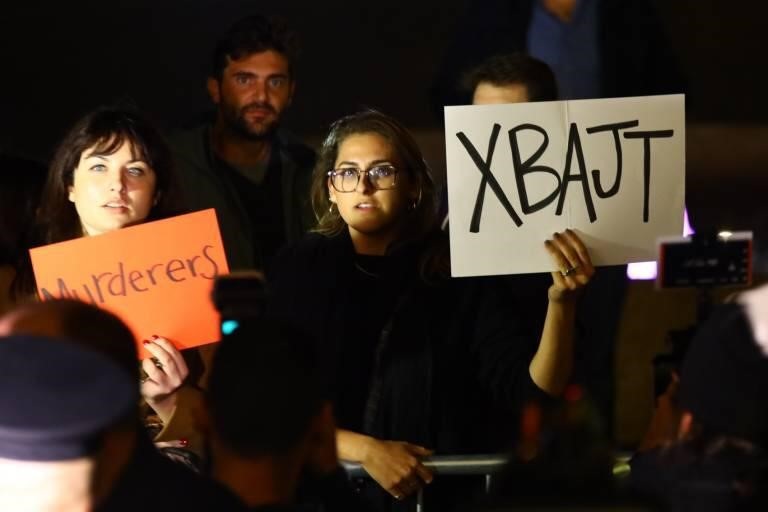
As always, she holds herself with an air of professionalism and confidence. When asked about her background in politics, Emma began with the words that clearly made a significant impact on both her professional and personal life. With an expression exuding both conviction and pride, she said: “Growing up, I was always referred to as loud, bossy, or annoying”; a simple sentiment that women everywhere can resonate with.
She explained how, throughout her life, she “was always vocal about issues, issues that didn’t necessarily affect [her], but [she] always felt strongly about”. Emma speaks of a variety of topics, including one she considers of great importance, intersectionality. Intersectionality is defined as: “An analytical framework for understanding how aspects of a person’s social and political identities combine to create different modes of discrimination and privilege.”
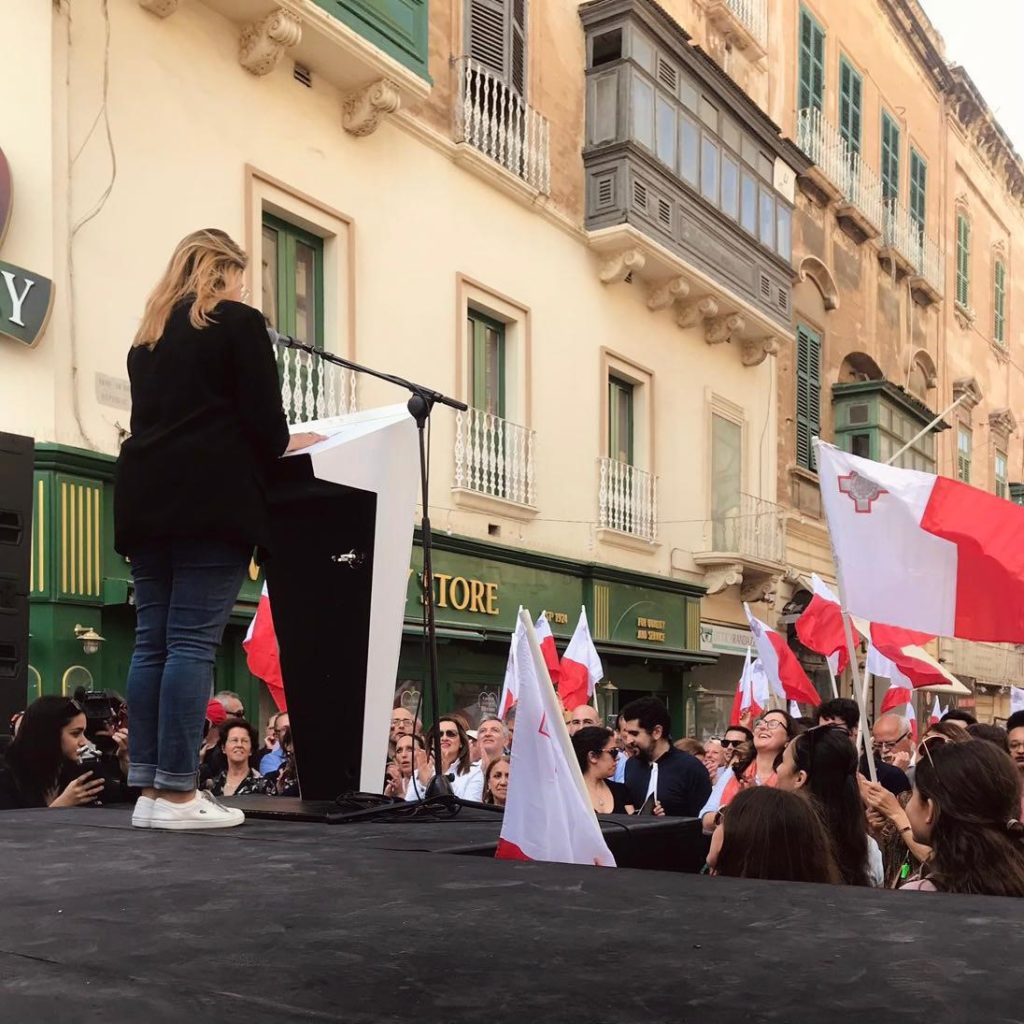
Throughout the interview, Emma follows up with the importance of constantly checking her own privilege as a white woman with a supportive family structure, a fact she is both fully aware of and determined to utilise in order to aid those in less privileged positions. In a sense, she visibly attempts to live her beliefs as authentically as possible.
“I feel like politics is natural to me and that is a privilege that I have, and I understand that I have that… What really riles me up is when people say that they just don’t care about politics, because I feel as though that comes from a place where you’re simply not checking your privilege. To not care about politics means that the system is already working in your favour. Politics is an intrinsic part of everything that we do: minimum wage, civil rights, the cost of living allowance, education, literally everything! To not care means that the minimum wage doesn’t affect you, or that you’re not an asylum seeker spending years and years trying to get their case heard. So I feel that if you do have that privilege then you should be using it for good rather than saying that you ‘don’t care’”.

Whilst speaking, Emma looks to the top corner of her room, still fully engaged with the issue at hand; oozing both passion and utter frustration at the complacency she witnesses. Such a raw reaction to injustice is a refreshing sight.
Upon listing her priorities in politics, Emma drives the point of education home: “Education seems like the root of everything… Teachers’ pay needs to be reflective of the fact that they’re forming everyone’s thoughts and mind. The syllabus that children are given needs to be overhauled. Just last week, I was informed that [a local school] will be getting an anti-abortion doctor to speak to a religion class – you don’t teach science via religion. You teach the science, and then religion is taught as dogma, as a set of rules, and you apply them however you’d like to [personally] apply them. It works both ways of course, I wouldn’t expect that in a religion class, there’s a pro-choice person giving a debate or a talk about it, it’s not the forum for it. There should be a forum for it, but that’s not it. ”
Emma Portelli Bonnici is also renowned for being vocal on sexual and reproductive rights, actively drawing attention to Malta’s blanket ban abortion, the accessibility of contraception and the sexual education system.
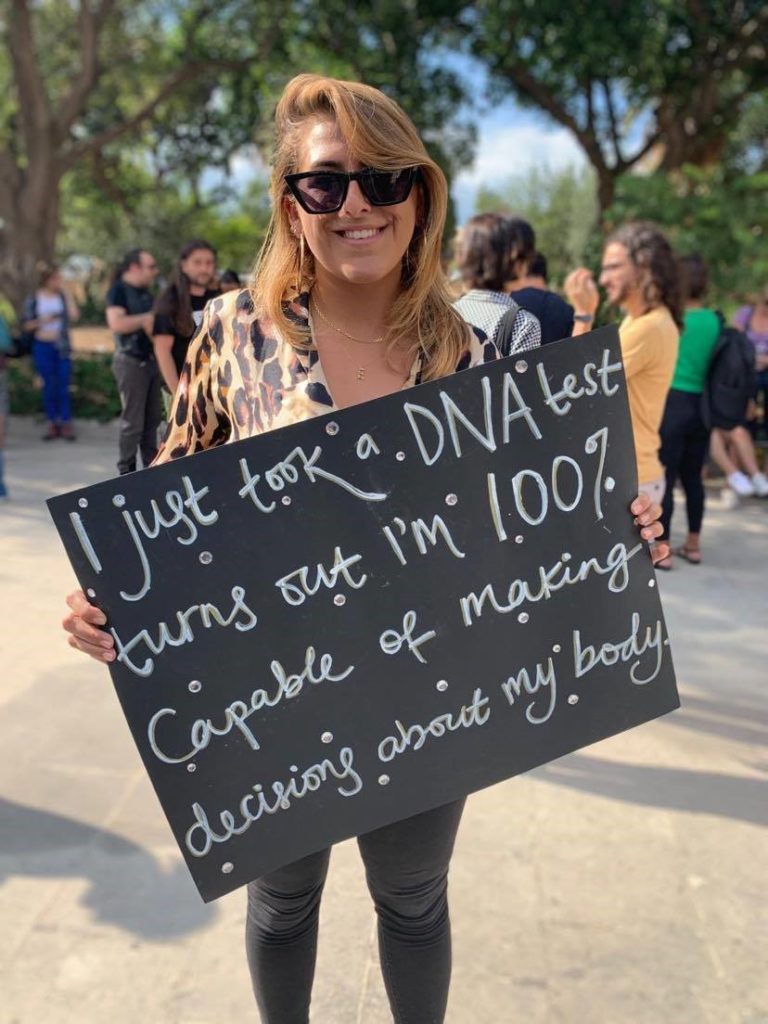
“Education informs sexual health and young women would benefit tremendously. Not just women obviously, men too, but the disparity naturally affects women more, because the reality is that women carry children.”
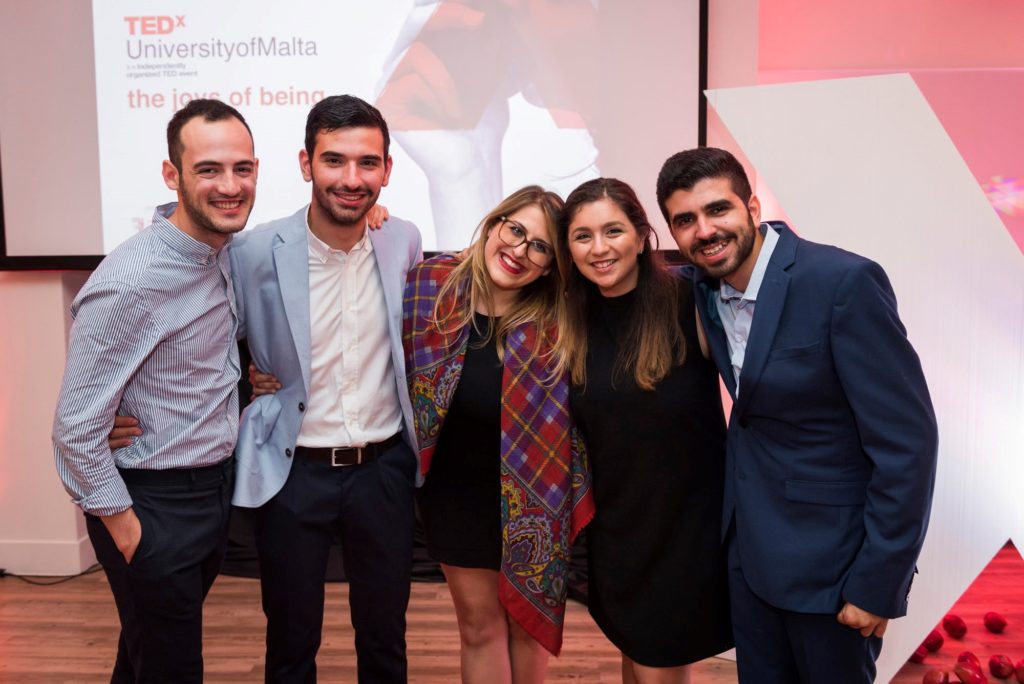
When asked about the presence of women in politics, Emma veered away from the usual inspirational talk and right into the root of the problem:
“Encouraging women to get into politics is one of those things that you need to see why they’re not getting into politics. One huge factor I would say… is that women are still expected to do all the unpaid work around the house. I mean, we’re not talking about a woman who does not have a 9-5 job, but one who does, and still she comes home and has to cook, clean and do everything else. Of course there are instances where [one partner doing more work] makes sense.”
She then unabashedly gives a name to her thought process with a statement that epitomises her outlook: “Feminism is not a dirty word.”

We hope to see Emma Portelli Bonnici as a possible candidate in the near future, as we definitely need more feminists in politics.

Emily Galea is a writer and feminist activist in Malta. She is the Vice-President of Young Progressive Beings, Project Co-lead of the Dear Decision Makers campaign, and MA student in Gender, Society & Culture at the University of Malta.

